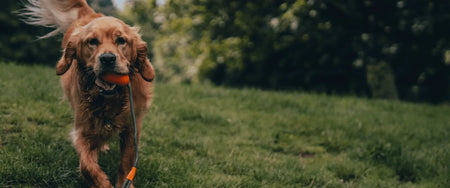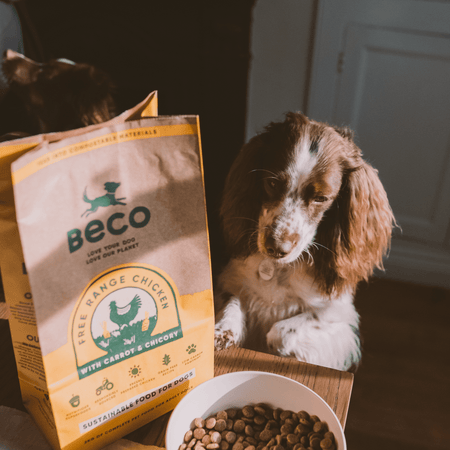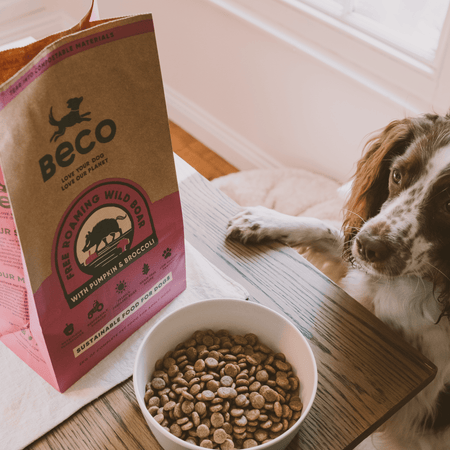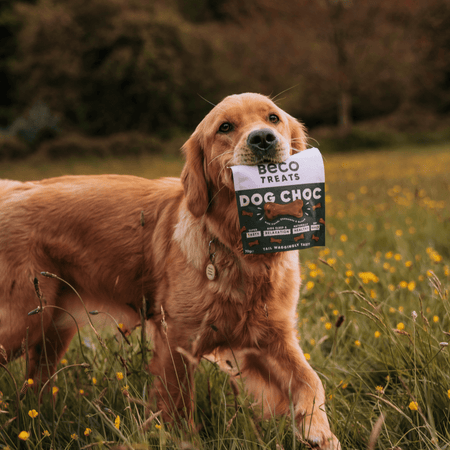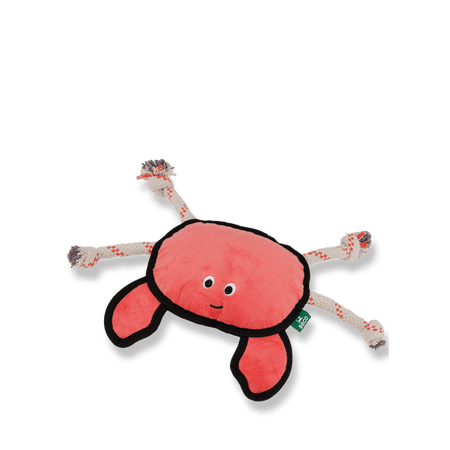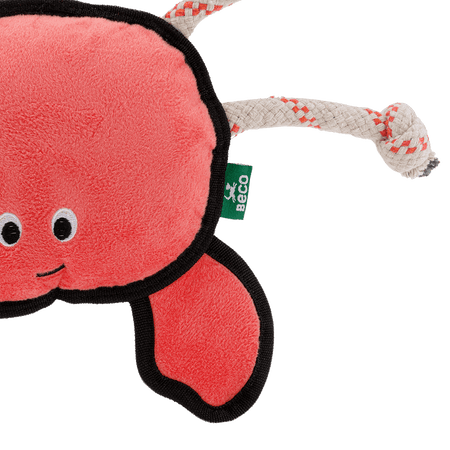The idea of getting a puppy conjures heartwarming scenes of wagging tails, first walks, and adorable nap times.
And while those moments do happen, there’s a side to puppy parenting that doesn’t make it to social media. Behind the soft paws and playful yips lies a learning curve that often catches new dog owners off guard.
We’ll cover the honest, unfiltered side of life with a new puppy – from sleep-deprived nights to chewed-up table legs.
If you’re thinking about bringing a puppy home or have just done so, here's what to really expect.
- Expect significant sleep disruption and emotional ups and downs in early weeks.
- Toilet training requires weeks of consistent effort with inevitable setbacks.
- Puppies need structured routines and extensive, gradual socialisation beyond dog parks.
- The human-puppy bond develops gradually through consistent care, not instantly.
1. You’ll Sleep Less Than a New Parent
Puppies need toilet breaks every few hours, including during the night. Their small bladders and unfamiliar surroundings mean you’re likely to be up at 2 a.m. and again at 5.
Interrupted sleep is part of the routine in those first few weeks.
Unlike older dogs, puppies don’t settle easily, and crate training takes time. Sleep deprivation is real, and it’s worth preparing for.
2. Puppy Blues Are Real
Many new puppy owners experience an emotional crash known informally as "puppy blues." It’s a mix of exhaustion, guilt, anxiety, and frustration.
You may even question whether you’ve made the right decision.
These feelings are normal and common. Like with any major adjustment, it takes time for your life to find its new rhythm – and it will.
3. They Don’t Just “Figure Out” Toilet Training
Toilet training isn’t a one-week process. It requires consistency, patience, and repetition.
Accidents are unavoidable. Puppies often urinate shortly after drinking, waking, or playing.
Timing is key. Positive reinforcement, not punishment, lays the groundwork for reliable habits, and even then, expect occasional regressions.
4. They Chew Everything—Including You
Chewing is a developmental need and a way for puppies to soothe their gums during teething.
But it's not limited to chew toys. Furniture legs, shoes, rugs, and even hands are fair game.
Redirection is essential. Providing a variety of textures and safe chew options can protect your belongings (and fingers).
5. You’ll Obsess Over Poo
It sounds absurd – until you’re doing it. Consistency, colour, and frequency offer critical clues to your pup's digestion, stress, and diet.
Runny stool? Could be overfeeding. Hard nuggets? Possibly dehydration.
Changes in stool are often the first signs of dietary intolerance or illness. It’s all part of the early monitoring process.
6. Your Routine Will Revolve Around Them
Forget spontaneous weekends away. Your schedule now includes structured toilet breaks, training sessions, mealtimes, and socialisation.
Puppies thrive on routine, and the first 3-6 months require near-constant attention. Adjusting your calendar is inevitable.
7. Socialisation Isn’t Just Taking Them to the Park
Effective socialisation means gradually exposing your puppy to a wide range of sights, sounds, surfaces, people, and experiences.
Traffic, bicycles, hoovers, toddlers, umbrellas, delivery vans – all are part of building a well-adjusted adult dog.
Doing too much too fast can backfire. It’s about balance and timing.
8. They Can Be Weirdly Moody
One day they’re affectionate and playful; the next, aloof or jumpy. Puppies go through developmental phases that impact their behaviour.
Fear periods, hormonal shifts, and growth spurts can affect how they respond to you and the environment.
Consistency and calm reassurance go a long way.
9. Not All Puppies Like Cuddles
It’s easy to assume every puppy wants constant affection.
But like people, dogs have individual boundaries. Some love close contact; others prefer space.
Forcing cuddles can make your pup uncomfortable or even lead to anxiety. Let them lead.
10. You’ll Worry Constantly
Is this normal? Why are they sleeping so much? Is that limping or just clumsy play? New owners often find themselves on edge, second-guessing every behaviour.
While some level of worry is healthy, having a good vet and trustworthy resources helps ease the mental load.
11. They Test Your Patience
Barking during Zoom calls, biting during play, zoomies right after mopping the floor – puppies have impeccable timing.
Training takes time and repetition. You’ll need to stay consistent even when you’re tired or frustrated. Short sessions and realistic expectations help build progress without burnout.
12. The Bond Doesn’t Happen Overnight
While the idea of "instant love" is common, the reality is often slower. It takes time to understand your puppy’s personality, needs, and quirks, and for them to trust you.
The connection strengthens through care, consistency, and shared experiences.
Frequently Asked Questions
What if my puppy won’t eat their food?
Appetite loss can be due to stress, overfeeding, or digestive upset. Stick to a regular schedule, offer a quiet feeding area, and choose a nutrient-rich food with a palatable protein source. If it continues, consult your vet.
How much exercise is too much for a puppy?
Puppies need controlled, age-appropriate activity to protect their growing joints. A general rule is five minutes of structured exercise per month of age, twice a day. Mental stimulation is equally important and less physically demanding.
When can I switch from puppy food to adult food?
This depends on your dog’s breed and size. Small breeds may transition at 9-12 months, while large breeds often need puppy nutrition up to 18 months. Always choose nutritionally complete, life-stage-appropriate food with traceable ingredients.
How do I know if a behaviour is a red flag or just puppy antics?
Frequent aggression, extreme fear, or persistent digestive issues deserve attention. If you’re unsure, document the behaviour and speak to a qualified behaviourist or vet for guidance.
Conclusion
Getting a puppy is a joyful decision, but it’s also a demanding one. Behind every adorable moment is an owner juggling responsibility, patience, and late-night wake-ups.
From unpredictable behaviour to emotional ups and downs, it’s a journey of learning as much about yourself as your new companion.
But with time, structure, and care, the chaos gives way to something deeply rewarding: a bond built from mutual trust.
Looking to build that foundation with the right nutrition and care? Our grain-free dog food, tasty treats, and responsibly made toys are designed to support your pup through every stage of growing up. Browse the collection to find everything they need to thrive right from the start.









